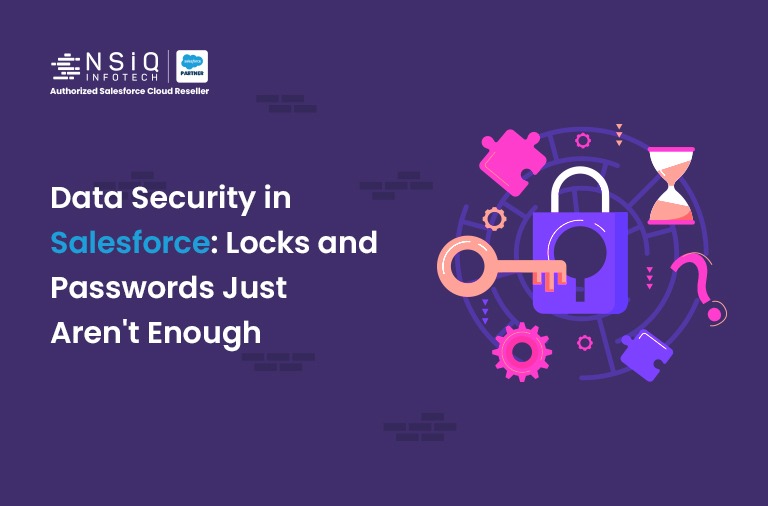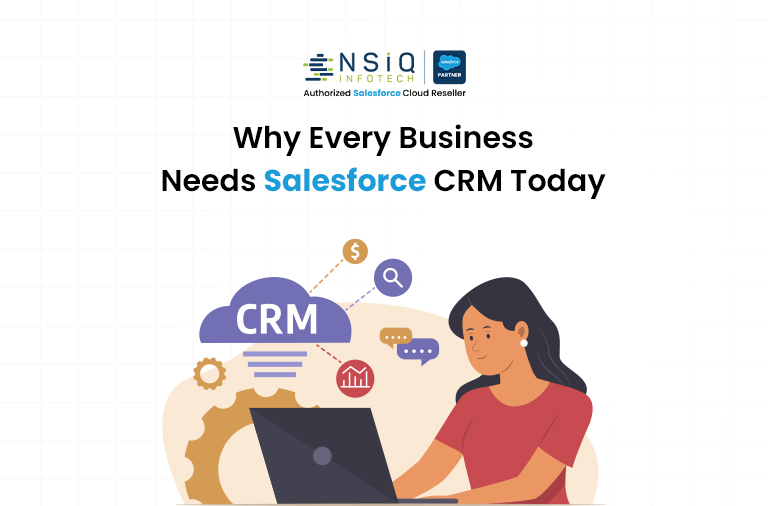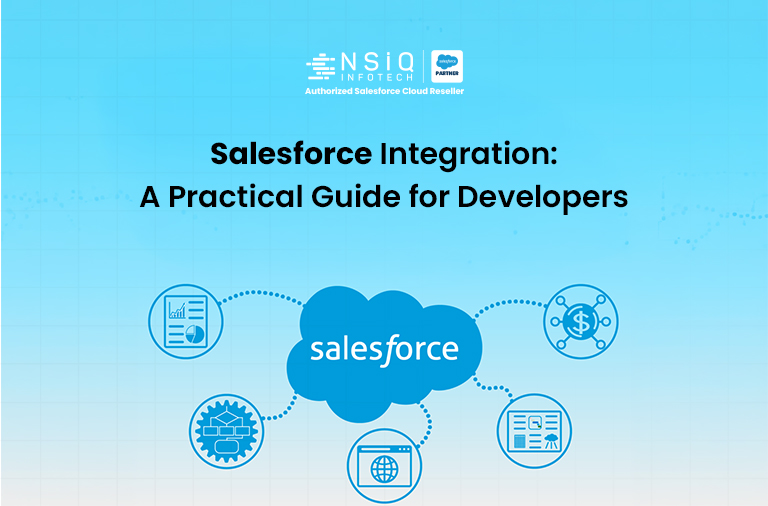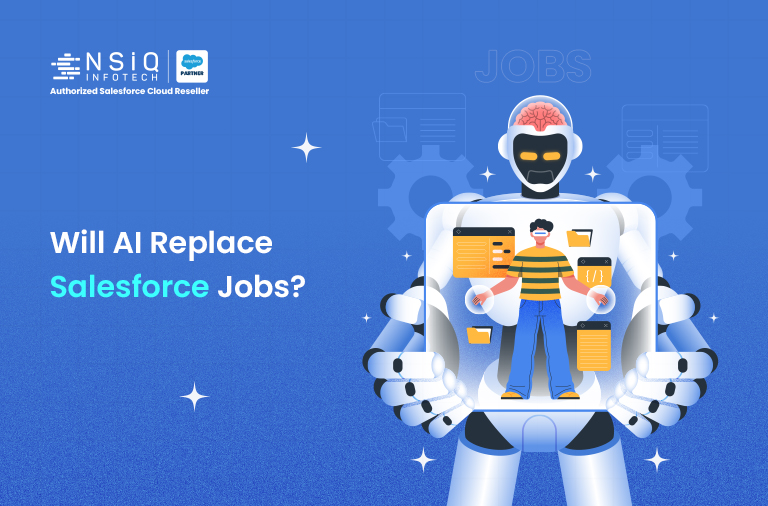Data Security in Salesforce: Locks and Passwords Just Aren’t Enough

When we mention data security, the typical mind’s eye is conjuring up complex watchwords, multi-factor authentication, and maybe a ” keep out” sign. But with Salesforce, data security is further than locking effects down it’s icing the right individualities have the right access at the right moment.
Imagine Salesforce as a neatly planned office structure. Not everyone requires keys to all apartments. The finance department may bear access to checks, but not inescapably your drafts of marketing emails. Security in this environment is not simply protection it’s about trust, effectiveness, and balance.
Why Data Security Matters in Salesforce
Salesforce is frequently the single source of verity for businesses. It holds client data, deals openings, fiscal deals, support cases principally, the crown jewels.
Now imagine this
What if a contender got access to your channel?
What if a careless click exposed sensitive data?
What if your guests lost confidence in your capability to keep their information safe?
That is why Salesforce approaches security as the foundation of its platform, not as an” add- on.” For companies, data security translates to:
- Customer Trust – Individualities are more likely to give data when they believe it’s safe.
- Compliance – Controls similar as GDPR, HIPAA, and CCPA are not suggestions, but the law.
- Business Durability – Data breaches bring bones, hours, and character. Security costs lower than recovery.
The Four Pillars of Salesforce Data Security (Made Simple)
Think of security as layers of defense around your home:
1. Organization – Level Security
This is the” frontal door” to your home. Properties like IP limits, logon times, and multi-factor authentication (MFA) help only the correct individualities get in.
2. Object – Position Security
After entering, what apartments can you do to? Objects are analogous to apartments Accounts, Connections, openings, Cases. Biographies and authorization sets determine which doors you may open.
3. Field – Level Security
Within the room, can you open every hole? maybe you can view a client’s name but not his or her credit card information. Field position security ensures sensitive information remains nonpublic.
4. Record – Position Security
Can you open this particular hole, now? Record sharing rules and places see that a salesman views his or her deals, not other people’s.
Daily Example Sarah the Deals Rep
Let us meet Sarah, a deals rep in your platoon.
She authenticates securely with MFA.
She can view leads and openings but not finance information.
She can view her guests’ phone figures but not their billing information.
She views only the openings that she owns, not another rep’s deal.
Result? Sarah receives what she requires, nothing lower and nothing further. She remains productive, and the business remains secure.
Best Practices for Strong Salesforce Data Security
Below are some useful, mortal-focused advice:
- Use Multi-Factor Authentication (MFA) – A word is like having only one cinch on your frontal door. MFA introduces the alternate cinch (something easy).
- Apply the Principle of Least Honor – Give druggies with just what they bear, nothing further.
- Regular Security Health Check – Salesforce offers a “Security Health Check” point. Use it to overlook your configuration for pitfalls.
- Keep Biographies Clean – Do not make too numerous custom biographies. Use authorization Sets for inflexibility.
- Inspection Trail & Login History – Track who penetrated what, when, and where.
- Train Your Druggies – The largest threat occasionally is mortal. A little knowledge is a great idea.
- Data Encryption – Use Salesforce Shield for encryption if you have largely sensitive data.
FAQs About Salesforce Data Security
Q1. Is Salesforce data safe in the pall?
Yes. Salesforce is designed with enterprise- position security features similar as encryption, firewalls, and compliance instruments. But your configuration counts as well misconfigured warrants can still lead to leaks.
Q2. How can I ensure compliance with data protection regulations like GDPR?
To comply with regulations like GDPR, use Salesforce’s tools such as Data Protection and Privacy settings, enable encryption with Salesforce Shield, and configure Field-Level Security to restrict access to personal data. Regularly audit data access with Audit Trails and ensure user training on compliance policies.
Q3. Do small businesses bear all these security features?
Yes. Cyberattacks are not just for large businesses. One small leak can damage character and trust, just as important.
The Mortal Side of Security
Eventually, security for data is not about technology; It’s about people.
Your guests trust you with their particular information.
Your workers trust that the system won’t swamp them with information they do not want.
Your leaders trust that compliance is addressed.
When executed duly, Salesforce data security does not feel like a limitation. rather, it feels like liberty, liberty to be suitable to concentrate on your work without being concerned about pitfalls.
Final Studies
Salesforce data security is the fellow of having an intelligent security guard at each entrance chatting the correct individualities and politely turning others down.
It’s not concern. It’s about conserving connections, establishing trust, and fostering growth. Because when guests feel their data is secure, they’re more likely to remain pious to you in the long term.
For businesses looking to strengthen their CRM strategy, working with an experienced salesforce consultant in USA can provide the right expertise and guidance.
related blog




